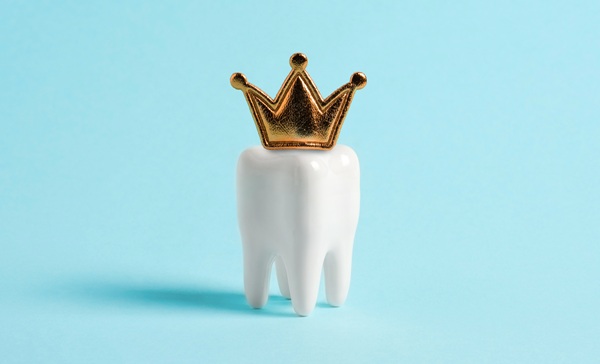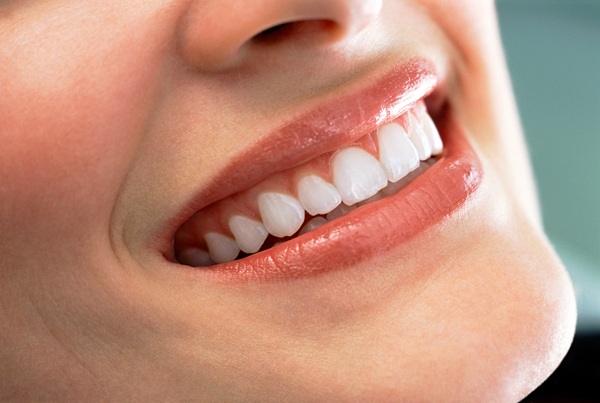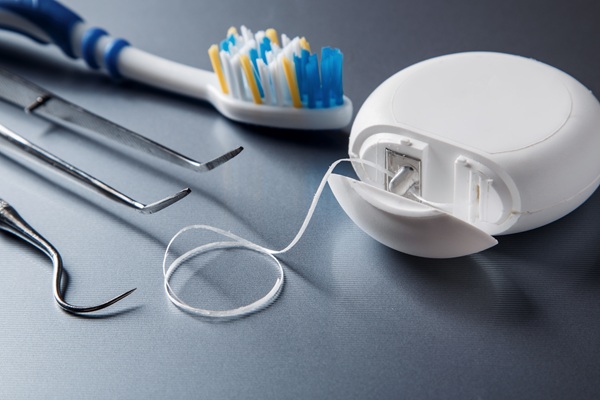Whenever you are faced with a broken, chipped, or even weakened tooth, one of the many dental restoration solutions is dental crowns. How they work i by covering the entire visible surface of a tooth to provide protection and aesthetic improvement.
However, do you know which materials they are made from?
Not all dental crowns are created equal because they come in different types, which also have different materials. Each of these types can dictate how they perform, appear, and how long they can last.
Understanding the different dental crown materials and their benefits can help you make an informed decision about your dental care—and here at Bellevue Hill Dental, that is exactly what we want.
Let’s explore the various materials used to make dental crowns, their advantages, and how they can improve your oral health and smile.
Types of Dental Crown Materials
Dental crowns do not come in just one material—in fact, you have a lot to choose from—each with unique properties and benefits. Let’s take a closer look at the most common options and benefits of dental crowns.
1. Porcelain Crowns
Porcelain crowns are highly popular because of their natural appearance. They are designed to closely mimic the colour, texture, and translucency of natural teeth, which makes them an ideal choice if you’re looking to restore a broken or weakened tooth on your front teeth.
Benefits of Porcelain Crowns:
- Aesthetic Appeal: Porcelain crowns blend seamlessly with natural teeth, providing a beautiful and flawless appearance to your teeth.
- Biocompatibility: Because the material is made from porcelain, it is unlikely to cause allergic reactions or irritation since porcelain is a non-toxic material.
- Stain Resistance: These types of crowns resist staining, which means they may be able to retain their colour over time.
Considerations:
- Whilst porcelain crowns copy natural teeth well in terms of appearance, they may not be as strong as some other materials. They are more prone to chipping or cracking when they are put under heavy pressure.
2. Porcelain-Fused-to-Metal (PFM) Crowns
Porcelain-fused-to-metal crowns combine the aesthetic appeal of porcelain with the strength of a metal core. With this option, you can enjoy the best of both worlds. Unlike porcelain crowns that are only good for the front teeth, these crowns are commonly used for both front and back teeth.
Benefits of PFM Crowns:
- Durability: The metal core of PFM provides extra strength and support, making these crowns suitable for chewing and grinding.
- Natural Appearance: The porcelain exterior matches the colour of natural teeth.
- Versatility: PFM crowns can be used for a variety of dental needs.
Considerations:
- Over time, the metal layer may become visible near the gum line, especially if the gums recede.
- The porcelain layer of this crown can still chip or wear down with heavy use.
- Some people can be allergic to metal, making them a bad option for people who have metal allergies.
3. Zirconia Crowns
Zirconia crowns are made from a durable material known as zirconium dioxide. Just like porcelain crowns, zirconia crowns are also biocompatible, which means they are not harmful.
Benefits of Zirconia Crowns:
- Exceptional Strength: Zirconia crowns are somehow different from porcelain crowns as they are highly resistant to cracks and fractures, making them ideal for back teeth.
- Natural Appearance: They offer a translucent quality that mimics natural teeth.
- Biocompatibility: Zirconia is safe for most patients and unlikely to cause allergic reactions.
- Longevity: These crowns can last for many years with proper care.
Considerations:
- Zirconia crowns can be more expensive than other options.
4. Metal Crowns
Metal crowns are made from alloys such as gold, platinum, or base metals like nickel and chromium. Whilst they are not as visually appealing, they offer unmatched durability.
Benefits of Metal Crowns:
- Durability: Metal crowns are highly resistant to wear and breakage, making them ideal for molars.
- Minimal Tooth Removal: Less tooth structure needs to be removed for placement, which means preserving more of the natural tooth.
- Long Lifespan: These crowns can last for decades with proper care.
Considerations:
- Metal crowns have a metallic appearance, which may not be suitable for visible teeth.
- Some patients may have allergies to certain metals.
5. Composite Resin Crowns
Composite resin crowns are made from a tooth-coloured material that offers a more affordable option for dental restorations.
Benefits of Composite Resin Crowns:
- Aesthetic Appeal: These crowns can be colour-matched to natural teeth.
- Cost-Effective: Composite resin crowns are generally less expensive than other options.
- Metal-free: These types of crowns do not have any metal component in their material, so people who have metal allergies can turn to this option.
Considerations:
- They are less durable than porcelain, zirconia, or metal crowns and may wear down or chip over time.
How to Choose the Right Dental Crown Material
Choosing the right dental crown material for your teeth can depend on several factors that may be important to you as well. Before you decide, check these first, so your dentist can also recommend the best fit for you:
- Location of the Tooth: Front teeth often require more aesthetic materials as they are more visible to the eyes. However, if you have issues with your back teeth, it’s more likely that you can benefit from stronger materials that can withstand grinding.
- Budget: Some materials, like zirconia and porcelain, may be more expensive than composite resin or metal.
- Durability Needs: Patients who grind their teeth may benefit from stronger materials like zirconia or metal.
- Allergies: Metal-free options are ideal for patients with sensitivities to certain metals.
Aside from the material, to make sure your dental crowns last for a long time, it’s best to know the proper maintenance practices you should add to your routine. If you want to get the best bang for your buck, it’s also important for you to have the initiative to take care of your crowns.
To give you more context, the best person you can trust and ask is your dentist. Your dentist will evaluate your specific needs and preferences to recommend the most suitable dental crown material for your situation.
Unlock Your Smile’s Potential with the Right Dental Crown
If you’re considering getting a dental crown, make sure to learn about the different materials and benefits you can get from them.
At Bellevue Hill Dental, we’re committed to helping you find the best dental solution for your smile. If you’re considering dental crowns, our experienced team will guide you through the process and help you choose the right material for your unique needs.
Contact us today to schedule a consultation and learn how dental crowns can enhance your oral health and restore your priceless smile.



